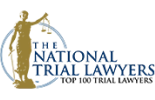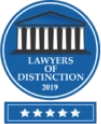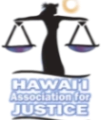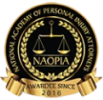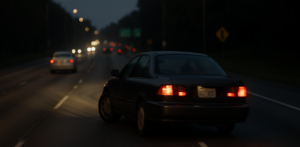
Drunk driving is more than just a lapse in judgment. It’s a reckless act that endangers everyone on the road. Yet, time and again, it’s the victims who bear the brunt — physically, emotionally, and financially. Why should you, your loved ones, or any responsible driver have to pay for someone else’s negligence?
If you know how to recognize the signs of possible driver impairment, you may be able to react in time to avoid a disaster. That’s not always the case. However, even if you notice a particular driver’s behavior as erratic, there may be little to nothing you can do to avoid a crash. That’s why it’s also good to know what steps to take following a motor vehicle accident to achieve as full a recovery as possible.
In this blog, we confront the harsh realities of drunk driving. It’s time to demand stronger protections for victims and a legal framework that prioritizes justice over excuses. Because when someone’s careless decision becomes your lifelong consequence, the question must be asked: where is the fairness in that?
Driving Behavior That Suggests Intoxication or Other Impairment
No matter how cautious and alert you are behind the wheel, you have no control over the actions of other drivers. Any of the following road situations is cause for great concern:
- If you witness someone traveling at night without headlights, it’s a sign that the driver may be impaired.
- Have you ever seen someone use a turn signal but turn the opposite way? This is a common sign of drunk driving.
- If a driver appears to be applying brakes randomly or otherwise accelerating and decelerating in a pattern that doesn’t match current traffic flow, be especially wary, as this person may be intoxicated.
- Drunk drivers often come dangerously close to parked cars or slightly bump into curbs as they navigate bends in the road.
- If you notice a driver sitting far at the front edge of the driver seat, as though he or she is straining toward the windshield, it is a sign that he or she might be intoxicated.
- Any car veering over the yellow line or swerving in its lane may have an impaired driver at the wheel.
If you can safely pull off the road and alert 911, you may be able to help save lives, perhaps even your own. If a driver makes the irresponsible choice to consume alcohol before driving, then hits your vehicle and causes you to suffer injury, you are entitled to seek justice in a civil court.
Who May Be Held Liable?
A drunk driving accident can involve more than one wrongdoer. Consider these possible defendants:
- The impaired driver. The most obvious source of liability.
- Vehicle owner. If a person lets an intoxicated friend drive, the owner may share fault under negligent entrustment laws.
- Employer. Companies can face vicarious liability if a worker drinks during a job‑related task.
- Bar, restaurant, or club. Many states have dram‑shop laws that hold alcohol vendors liable if they served a visibly drunk patron who later caused injuries.
- Social host. Some states allow claims against hosts who supply alcohol to minors.
Naming every responsible party helps you reach the insurance coverage needed to pay full damages.
Who Pays the Medical Bills?
You should not have to bear the full financial burden prompted by a collision that someone’s negligence caused. Many accident victims file injury claims and receive court-awarded compensation that they can use to pay medical expenses and other costs associated with their injuries.
Step‑by‑Step Checklist After a Drunk Driving Accident
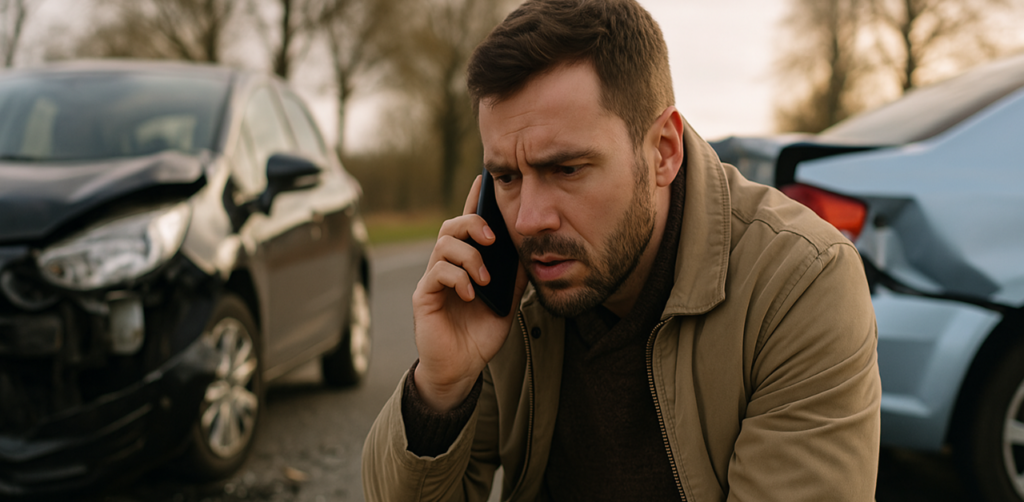
- Call 911. Request police and medical help.
- Seek medical care. Even minor pain can signal hidden injuries.
- Document the scene. Take photos and note the weather, road layout, and other drivers’ behavior.
- Get witness contact info. Independent witnesses add weight to your version of events.
- Notify your insurer. Report the accident, but give only basic facts.
- Keep all records. Save bills, repair estimates, and a pain diary.
- Consult an attorney early. Evidence fades fast; quick legal action protects your rights.
Why Legal Guidance Makes a Difference
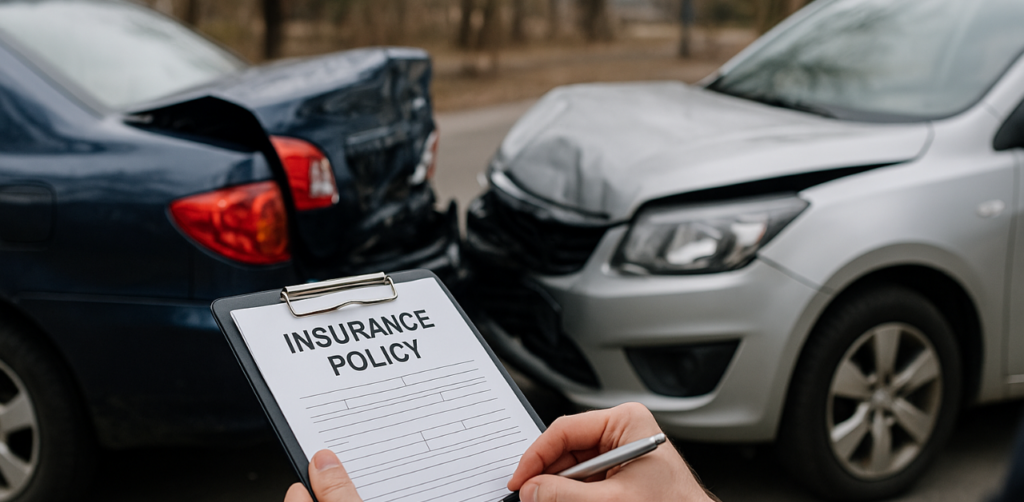
Drunk driving cases can involve:
- Multiple insurance policies
- Large medical expenses that keep rising
- Disputes over comparative negligence
- DUI criminal proceedings that overlap with the civil claim
A seasoned injury lawyer gathers evidence, values your claim, and negotiates from a position of strength. In many instances, victims who hire counsel receive far more than those who go it alone.
Proving Negligence in a Drunk Driving Case
To recover compensation, you must show four simple elements: duty, breach, causation, and damages.
| Element | What It Means | How to Show It |
| Duty | Every driver owes others a duty to act as a reasonable person would. | Traffic laws, driver’s license rules |
| Breach | The driver violated that duty. | Police report, breath test, and field sobriety results |
| Causation | The breach caused your injuries. | Crash reconstruction, medical records |
| Damages | You suffered losses. | Bills, wage records, pain journal |
How Shared Fault Rules Affect Your Claim
Not every state treats shared fault the same way:
| Rule Type | What Happens If You Share Blame? |
| Pure comparative negligence | You recover even if you are 99 % at fault; your award is reduced by your share. |
| Modified comparative negligence (50 % or 51 % bar) | You recover only if your fault stays below the state limit. |
| Contributory negligence | Any share of fault bars recovery. Only a few states use this strict rule. |
The drunk driver’s criminal act is strong evidence, yet the insurer may still argue you were speeding or not wearing a seat belt. Clear evidence and witness testimony help defeat those claims.
From Crisis to Compensation: Legal Support After a Drunk Driving Crash
A drunk driving accident upends life in seconds, but the law offers clear paths to recovery. By proving the other party’s negligence, documenting every loss, and meeting strict deadlines, you can recover damages for medical bills, lost wages, and pain. Recovery Law Center has helped many families rebuild after drunk driving cases. Contact us today to schedule a consultation and learn how we can pursue the full compensation you deserve.








